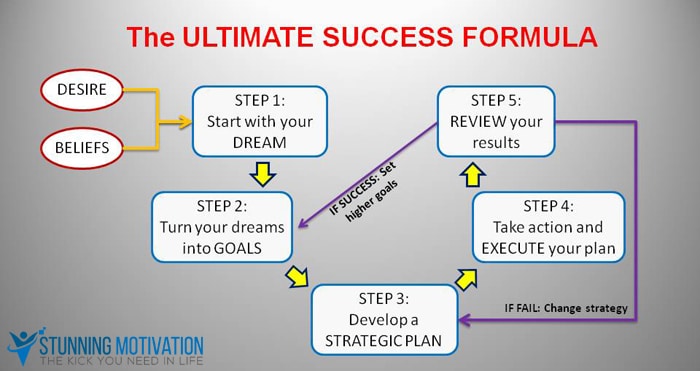The journey of academic success is akin to navigating a complex maze. It requires not only intellectual acumen but also a sustained level of motivation. Students at various levels, from school to college, face numerous challenges in their educational endeavors. They are constantly juggling between lectures, assignments, and personal commitments. In such a scenario, maintaining a high level of motivation is crucial. But how exactly can students harness this motivation to fuel their academic success?
In today’s academic environment, the pressure to excel is immense. Students often find themselves overwhelmed with the volume of homework and the intensity of studying required. It’s here that strategies for boosting motivation come into play. Whether it’s preparing for an important test or writing a custom research paper, the ability to stay motivated can significantly impact the outcome.
Understanding Motivation in Academia
The Role of Intrinsic and Extrinsic Motivation
Intrinsic motivation stems from internal desires, like the joy of learning or personal academic goals. In contrast, extrinsic motivation is driven by external rewards, such as good grades or praise from teachers. Recognizing what motivates you is the first step in leveraging it to your advantage.
Identifying Your Personal Drivers
Each student is unique, with different factors that spur them to action. It could be a future career goal, a desire to excel in a particular subject, or even the satisfaction of overcoming academic challenges.
Effective Study Habits and Time Management

Developing a Study Routine
Creating a structured study schedule can significantly enhance focus and efficiency. Allocate specific times for studying, homework, and revisions, ensuring a balance between academics and leisure.
The Pomodoro Technique
This popular time management method involves studying in focused intervals (usually 25 minutes), followed by short breaks. It’s an effective way to maintain concentration and avoid burnout.
Setting Realistic Goals and Tracking Progress
The SMART Framework
Goals should be Specific, Measurable, Achievable, Relevant, and Time-bound. This framework provides clarity and a sense of direction in your academic pursuits.
Regular Self-Assessment
Periodically evaluating your progress helps in identifying areas for improvement and adjusting strategies accordingly.
The Power of a Positive Mindset
Overcoming Academic Challenges
Adopting a positive outlook helps in dealing with setbacks like low grades or tough assignments. Viewing these as opportunities for learning rather than failures is key.
Celebrating Small Wins
Acknowledging and celebrating small achievements boosts confidence and reinforces motivation.
Harnessing External Resources

Seeking Help When Needed
Don’t hesitate to seek assistance from teachers, tutors, or peers. Collaborative learning can open new perspectives and enhance understanding.
Utilizing Online Resources
Online platforms offer a wealth of information, from educational videos to forums for discussion. They can be invaluable in supplementing school or college learning.
Balancing Academic and Personal Life
Importance of Leisure and Hobbies
Engaging in hobbies and leisure activities is essential for mental health and overall well-being. It provides a necessary break from the rigors of academic life.
Social Support Systems
Building a network of friends and family who support and understand your academic goals can provide emotional and moral support.
Conclusion
In the end, harnessing motivation for academic success is about understanding what drives you and implementing strategies that work best for you. Remember, it’s a journey of self-discovery and growth. Whether you’re tackling school homework, studying for college exams, or writing the best paper writing service, the key is to stay focused, positive, and proactive in your approach. Your academic journey is unique, and with the right motivation, you can navigate it successfully to reach your goals.














